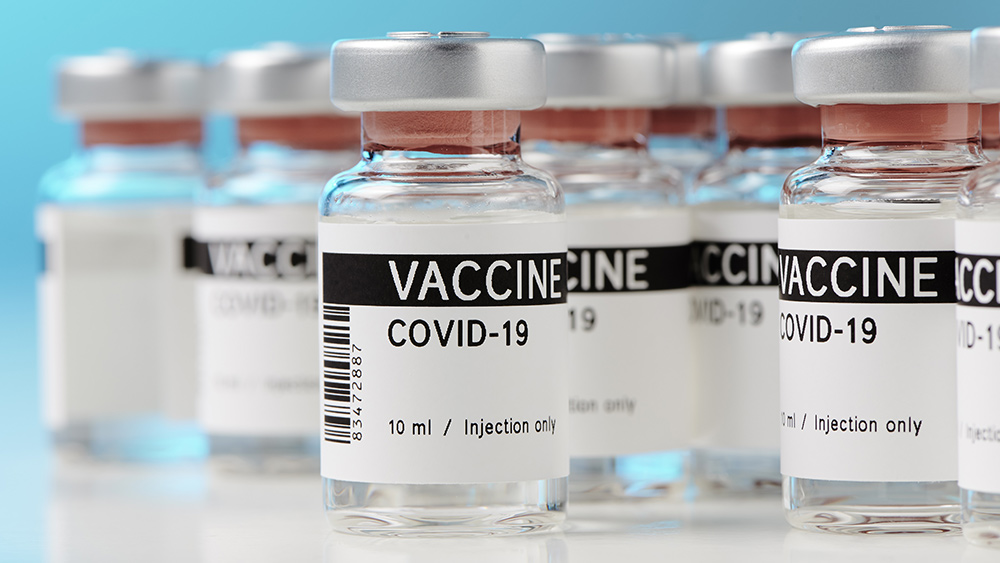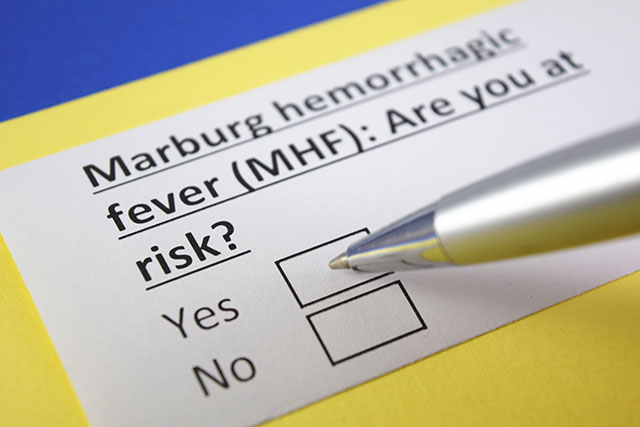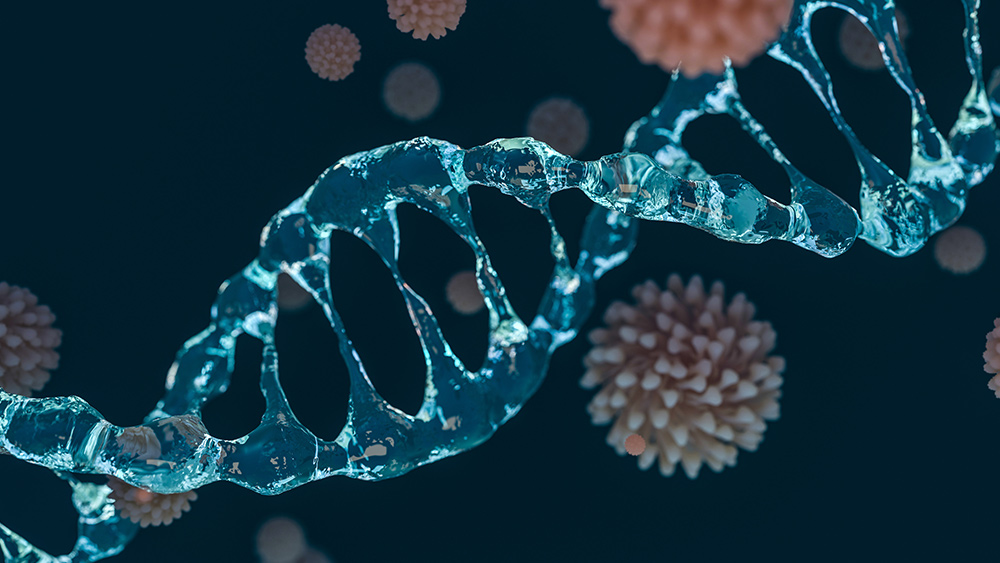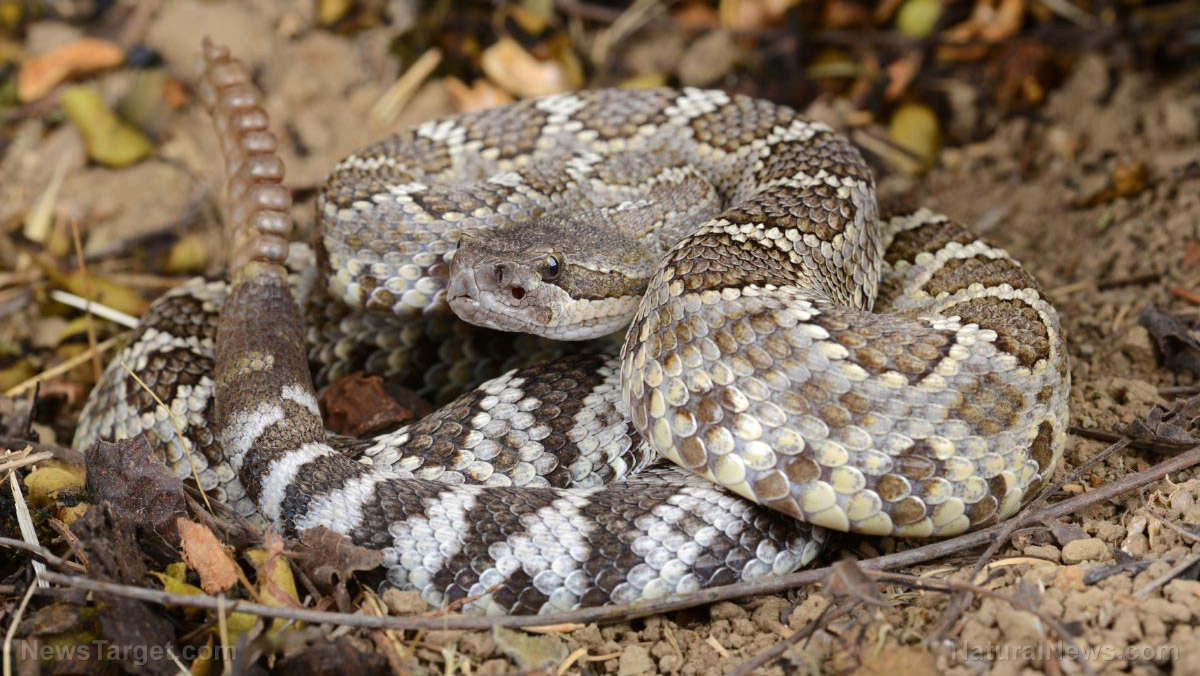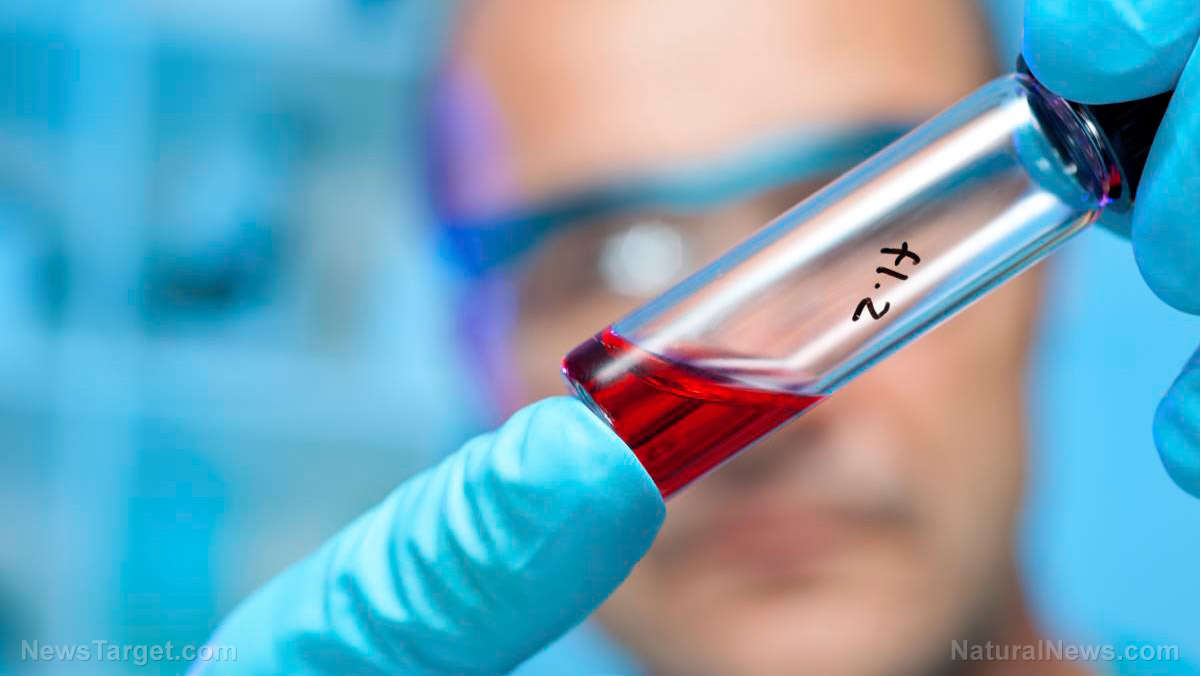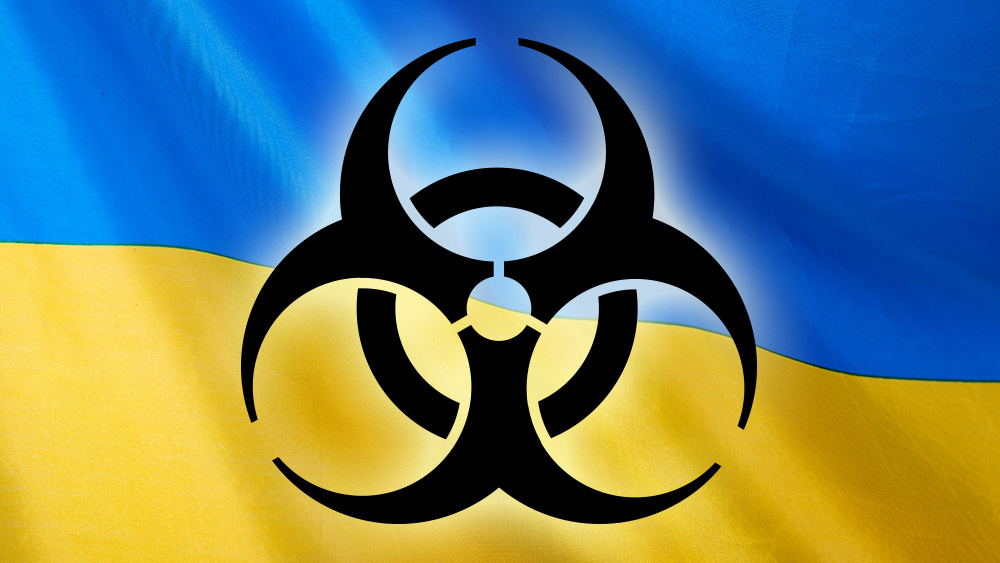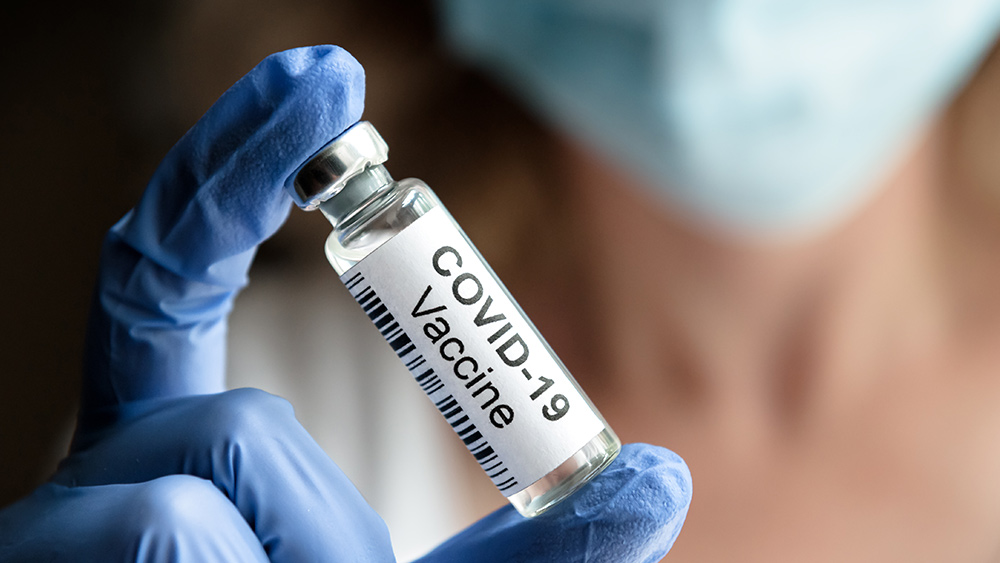Usual GMO suspects seize upon engineered Ukraine food crisis to demand more genetically engineered crops
05/25/2022 / By Ethan Huff

Right on cue, the biotechnology industry is seizing upon the new manufactured food crisis to push for more genetic engineering in global agriculture.
In order to solve the broken food supply chain, says George Eustice, Great Britain’s Environment Secretary, “gene-edited” crops will need to be grown and their yields brought to market as quickly as possible.
In just a few months, the British Parliament is expected to vote on approval for gene-edited food, which Eustice claims will benefit both producers and consumers, despite warnings from scientists about unknown health effects.
Because Russia invaded Ukraine, Eustice maintains, gene-edited crop production needs to increase at warp speed in order to tackle the global food crisis that is rapidly unfolding.
As you may have seen, many major producers of food crops, including both Ukraine and Russia, are no longer exporting their goods to countries that have traditionally relied upon them for imports. Consequently, food shortages are occurring that threaten to starve hundreds of millions, if not billions, of people in the coming months and years.
According to the Daily Mail (UK), the bill in Britain would allow farmers to grow more genetically engineered (GMO) crops that are supposedly resistant to disease or that require much less water or fertilizer than natural crops.
“Precision technologies allow us to speed up the breeding of crops that have a natural resistance to diseases and climate change, better use of soil nutrients so we can have higher yields with fewer pesticides and fertilisers,” Eustice told The Telegraph (UK) in a statement.
“Water scarcity is a coming challenge with climate change, and this technology could therefore be imperative to global food security.”
Check out the below video from Brighteon.com about gene-edited crops in Ukraine:
Is it starting to feel like everything is false flag to usher in the Great Reset?
Gene-edited crops, by the way, are technically in a different category than the GMO crops that have already been in use for several decades. These new ones involve alterations to their existing, as opposed to the adding of, DNA from different species that occurs with the older varieties.
They are all still Frankenfood, just to be clear. It is just that there is a new kind of Frankenfood being unleashed in response to Russia’s invasion of Ukraine, which once again suggests that this whole thing was engineered as a catalyst to implement these new technologies.
In order to sell the idea to the British public, which seems to be much more resistant to GMOs than Americans, Eustice introduced the bill during the current crisis.
With food and gas prices soaring, the British public is more likely to feel a sense of desperation about their country’s food supply. Wanting to maintain self-sufficiency amid growing protectionist measures in many countries, now is the time for the biotechnology industry to strike while the iron is hot.
Just last week, in fact, the industry received a boon from the Bank of England, which warned of “apocalyptic” food prices in the coming months. The “solution” to this is more GMOs, apparently.
As early as next year, gene-edited Frankenfood could start appearing on grocery store shelves in England, should the bill pass. Eustice expects his bill to get “Royal Assent” this year, which he says will enable the issuance of a marketing authorization for gene-edited seeds.
“There’ll probably be some of these crops that are already available and bred in other parts of the world,” Eustice is quoted as saying .”So it’s possible that we could have some of these crops … ready to be deployed during the course of next year.”
More related news stories about gene-edited crops can be found at GMO.news.
Sources for this article include:
Submit a correction >>
Tagged Under:
biotechnology, chaos, conspiracy, crops, food collapse, food crisis, Food Evolution, food science, food supply, franken food, gene editing, genetic engineering, genetic lunacy, GMO, grocery, harvest, panic, products
This article may contain statements that reflect the opinion of the author
RECENT NEWS & ARTICLES
COPYRIGHT © 2017 GENETIC LUNACY


